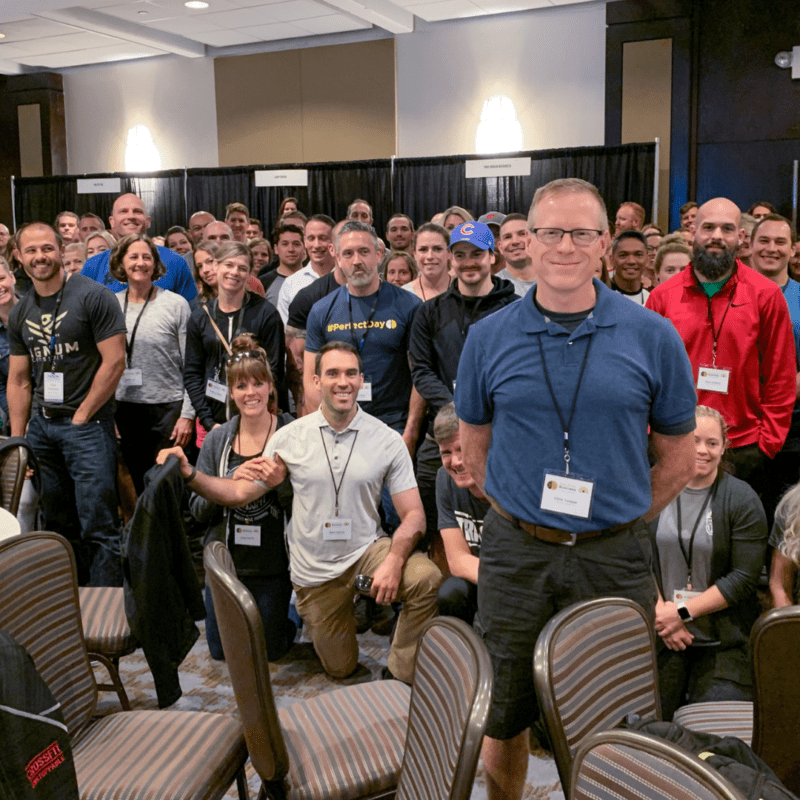Imagine you get fired as CEO of your gym. The board of directors hires a new CEO to run it.
What’s the first thing the new CEO would do?
This story comes from the book “Good to Great”: a CEO and COO found their company in trouble. So each fired the other. Both walked out of the boardroom, and they re-hired each other in the hallway. They re-entered the room as if they were brought in to fix an ailing company from scratch.
The value of the exercise is in removing the emotional filters that stop us from taking hard actions. Deep down, we might know that we should cut back on staff or reduce our gym size—but our ego and our relationships stop us from taking the necessary steps.
Even the knowledge that the tree will die if we don’t cut off some imperfect limbs might not be enough to take action. So we need to act from a place of objectivity.
Advice Backed by Experience
In “Thinking Like an Investor”—one episode in my private podcast just for those in our Tinker group—I laid out the value of removing yourself from your business and looking at it as a stranger would. This eliminates all the pet projects, subjective reasoning and untouchable conversations.
Every month, I take the CEO of another local company to lunch. His name is Mike. Each of us orders a sandwich and then lays out the largest challenge he’s facing.
The listener first shares his experience with a similar problem.
If he doesn’t have experience, he might share advice—but he makes it clear that he doesn’t have specific experience with that issue. This is actually pretty rare; most issues of leadership transcend niches.
The talker might accept the listener’s advice without experience but almost always accepts the advice when it comes with experience.
Many Tinkers in our program find themselves asked for advice by other local entrepreneurs. We actually encourage them to get out there and coach others because solving others’ problems makes them better at seeing their own objectively. It’s also great creative practice, and it feels amazing when you have experience that can help (trust me).
The value of finding another CEO and asking them for advice is priceless.
But if you can’t do it, ask yourself this:
“What would a new CEO of this company do?”
Or ask this:
“If I were preparing to sell this company, what would I want to change to maximize its value?”

